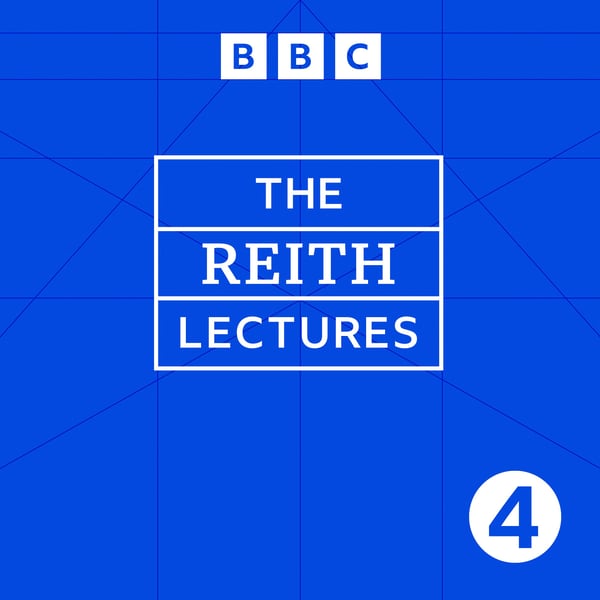Do black holes have no hair?
The Reith Lectures
BBC
4.2 • 770 Ratings
🗓️ 26 January 2016
⏱️ 30 minutes
🧾️ Download transcript
Summary
Professor Stephen Hawking delivers the first of his two BBC Reith Lectures on black holes.
These collapsed stars challenge the very nature of space and time, as they contain a singularity - a phenomenon where the normal rules of the universe break down. They have held an enduring fascination for Professor Hawking throughout his life. Rather than see them as a scary, destructive and dark he says if properly understood, they could unlock the deepest secrets of the cosmos.
Professor Hawking describes the history of scientific thinking about black holes, and explains how they have posed tough challenges to conventional understanding of the laws which govern the universe.
The programmes are recorded in front of an audience of Radio 4 listeners and some of the country's leading scientists at the Royal Institution of Great Britain in London.
Sue Lawley introduces the evening and chairs a question-and-answer session with Professor Hawking. Radio 4 listeners submitted questions in their hundreds, of which a selection were invited to attend the event to put their questions in person to Professor Hawking.
Producer: Jim Frank.
Transcript
Click on a timestamp to play from that location
| 0:00.0 | Welcome one and all to a special podcast introducing you to the Reith Lectures, a BBC institution that's been running since 1948. |
| 0:07.0 | Every year we open the mic to a leading figure of the day, inviting them to share their thoughts, knowledge, research and beliefs with us. |
| 0:14.0 | The very first lecture was by Bertrand Russell, the eminent philosopher, and was titled, Authority and the Individual. |
| 0:25.4 | The fundamental problem I propose to consider in these lectures is this. |
| 0:32.0 | How can we combine that degree of individual initiative, which is necessary for progress, |
| 0:36.2 | with the degree of social cohesion that is necessary for survival? |
| 0:40.1 | I shall begin with the impulses in human nature that make social cooperation possible. I shall examine first the forms that these impulses |
| 0:46.3 | as you can hear. From day one, the lectures haven't held back on subject and detail. I found myself |
| 0:51.8 | having to listen to them a couple of times to fully absorb everything. |
| 0:55.0 | For 2016, the BBC asked a revered theoretical physicist and cosmologist Professor Stephen Hawking |
| 1:01.0 | to present two lectures on the subject that he has made his own. Black holes. |
| 1:06.0 | But fear not friends, help is at hand. At the end of each lecture, there will be a Q&A from presenter Sue Lawley with the professor, with all the questions sent in by listeners. |
| 1:14.9 | That's when we get to hear a little more about what makes the great man tick. |
| 1:18.3 | And if that wasn't enough, on the Radio 4 website, there's even more help with getting |
| 1:22.4 | your head around black holes. I recommend starting with the beautiful psychedelic animation |
| 1:27.0 | called Inside the Mind of Professor |
| 1:29.1 | Stephen Hawking, made by Ardman Studios, no less. Also, if you want to brush up on your intellectual |
| 1:34.7 | icebreakers, it just so happens the presenter of the life scientific, Jim Al Kalidi, has written a piece |
| 1:40.2 | for the Radio 4-in-4 website to help you impress with your knowledge of the second |
| 1:44.3 | law of thermodynamics. But for now, let's set out on our journey into space and over to |
| 1:50.6 | Sue Lawley. Hello and welcome to the BBC Reith Lectures. We're at the Royal Institution |
| 1:55.8 | of Great Britain in the West End of London. It was founded in 1799 to encourage people, and I quote, |
... |
Transcript will be available on the free plan in -3353 days. Upgrade to see the full transcript now.
Disclaimer: The podcast and artwork embedded on this page are from BBC, and are the property of its owner and not affiliated with or endorsed by Tapesearch.
Generated transcripts are the property of BBC and are distributed freely under the Fair Use doctrine. Transcripts generated by Tapesearch are not guaranteed to be accurate.
Copyright © Tapesearch 2025.

